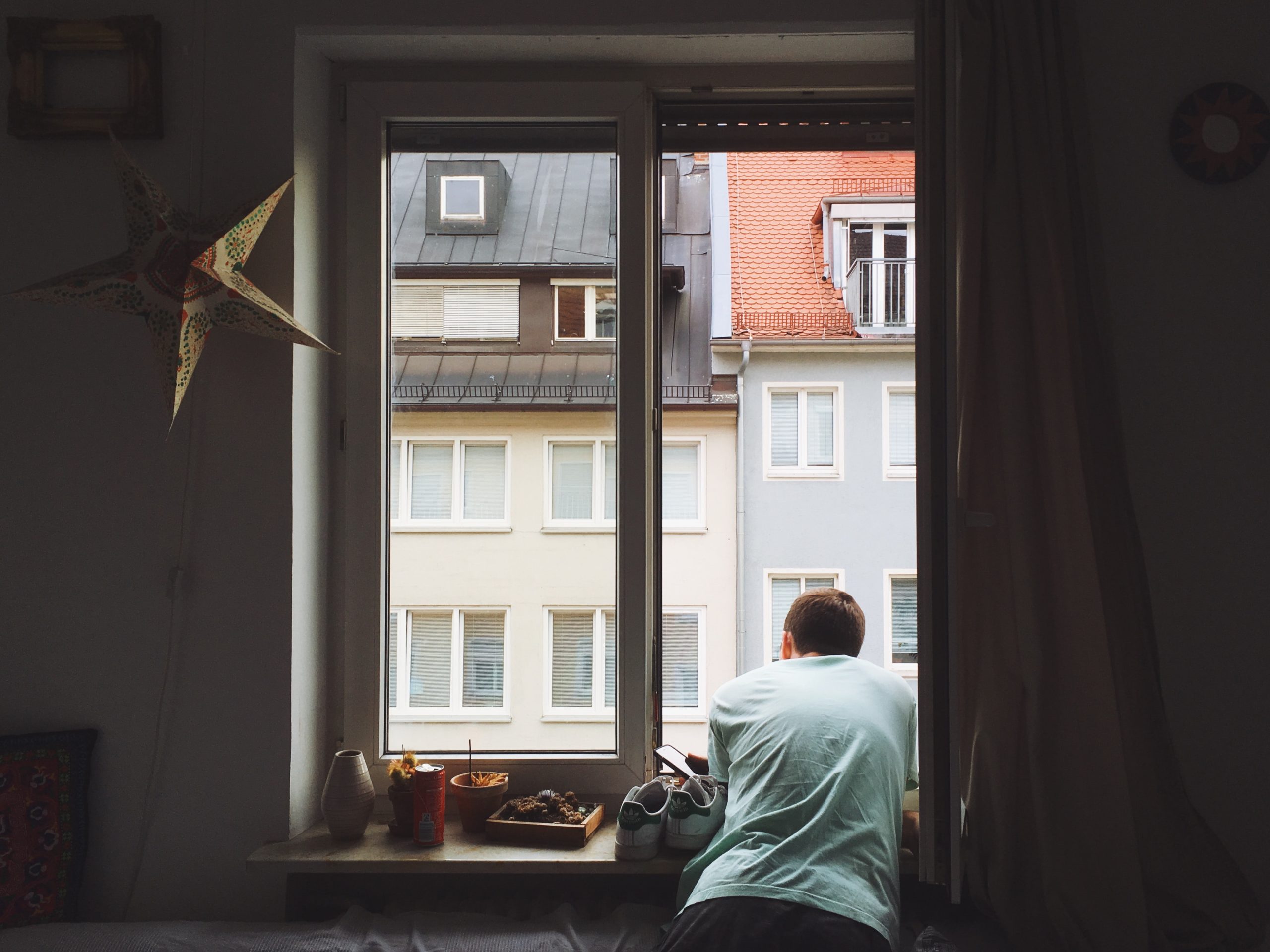By Johan Nortje
In British military terms they call this a Chinese parliament. Everyone, irrespective of rank, is given an opportunity to air their views. And I wonder if anyone sees the irony in this.
The house meeting – basically just a reminder that, in times of crisis, group rights enjoy priority above individual rights. Rudi, captain of the class, has the floor: “Guys, remember, we are now in the same boat. Try not to watch Netflix while Riël is skyping with his wife in Germany – this has got to do with bandwidth. If you buy groceries, buy for everyone.”
I peep at my G-Shock for the digital time. A friend bought it for me on a trip to America. The hands recently gave up the ghost. The thing can seemingly survive almost anything except an unstamped guarantee.
“If you get sick, stay in your room.”
For a moment I wonder how the room arrest thing will work. Maybe one of us will have to use a jigsaw to make a hole in the bottom of the room door to push food through.
Chris, a financial analyst, sits back in his chair and laughs: “We’ll get to know each other really well.”
And with this the meeting is closed.
Next morning, I knock on Chris’s room so that he can explain to me for the third time what the implications are for the country (and me especially), just in case Moody’s decide that the time has finally come. I will have to choose my words carefully, as he has been quite moody of late.
I think of the words of the same friend before his departure to the US after listening to a discussion on the radio about consumers and purchasing power. Hy stared at me and said: “I don’t think this discussion applies to us.”
“How so?” I asked him.
“We’re not consumers. We fall in the class of abusers,” he said while throwing his daughter’s used diaper in the dustbin like some netball player.
Just when I want to knock again, my cell rings to announce a message. It’s Chris: “Going to the farm to spend the time there … Good luck.”
I think about replying, explaining to him how the whole sinking-with-the-ship thing works. But before long, I am in my own car on my way to my sister’s with a trunk full of food of which the expiry dates are dangerously close to running out. After a brainstorming session in my head to consider my three accommodation options during lockdown, this one made the most sense. The other two would have included emotional isolation as well as restriction.
I expected heavy traffic between Pretoria and Joburg, but the highway is quieter than I anticipated. Two hours later my car stops at their house. The welcoming committee comprises two fat, fixed guard dogs (awaiting their food bowls) and a three-year-old child who screams whenever she wants something. I offload my stuff before heading back to town (on request) for a last visit to the shops. On the way back, I decide to take a detour.
Through the car’s windows the world outside looks like the final scene from a dimmed movie. There are empty parks with rusted jungle gyms and no children playing on it. Up the road a man is locking up his shop. Maybe the next time it is unlocked again will be for the debt collector who must make his rounds. Down the road newspaper sellers are sitting on heaps too high to signal healthy sales. It reminds me of those Sundays when, as a kid, you weren’t allowed to make any noise and had to keep quiet.
I turn into the driveway, uncertain of what lies ahead in the next few weeks or whether I made the right decision. But his I know: The best remedy for this kind of silence is to talk and not to keep quiet.
Share on
Latest articles




















